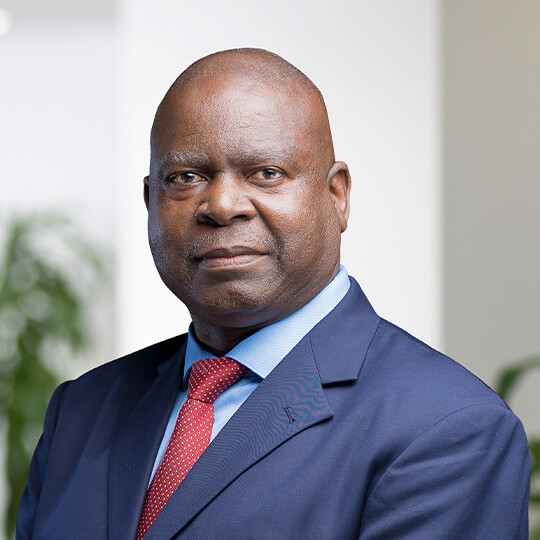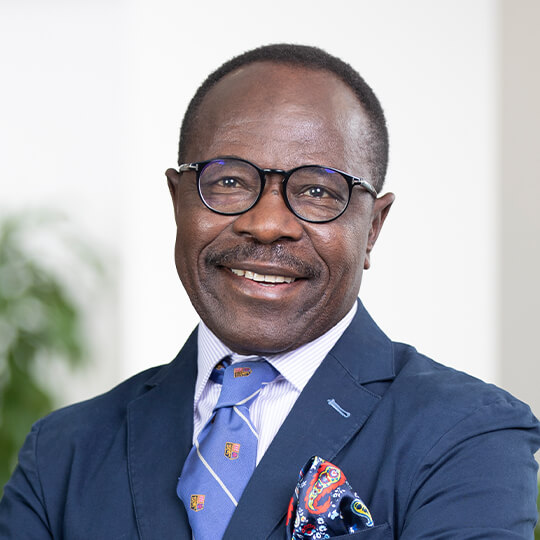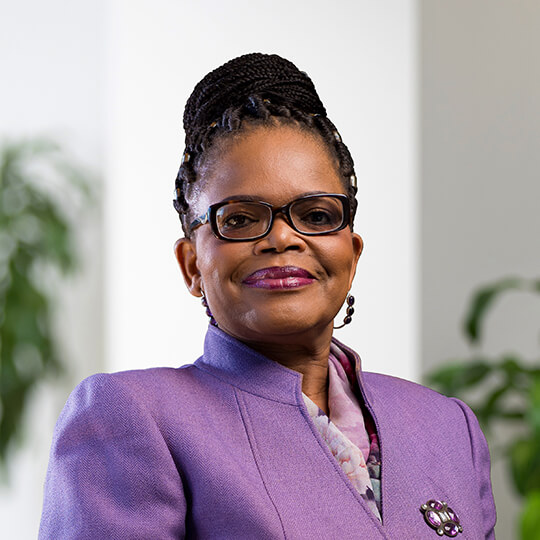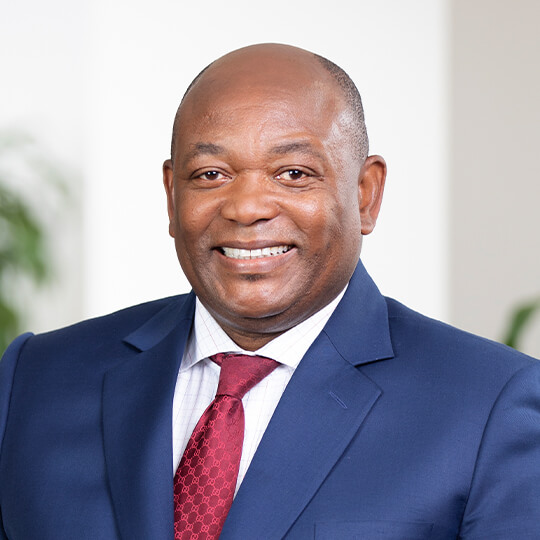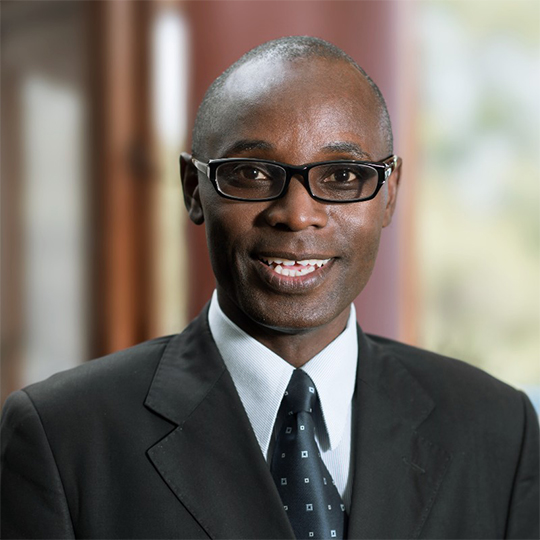The businesses being transferred to EWZL under the scheme of reconstruction are expected to leverage the mobile network operator’s customer base
The scheme of reconstruction between Econet and EcoCash Holdings is taking shape following approval by shareholders and is now awaiting regulatory approvals.
At an extraordinary general meeting held on April 17, 2024, 85,92 percent voted in favour of the resolution, while 14,08 abstained.
The scheme of arrangement entails transferring to Econet the financial technology businesses, namely EcoCash (Private) Limited, VAYA Technologies Zimbabwe (Private) Limited, Econet Insurance (Private) Limited, Econet Life (Private) Limited, MARS Zimbabwe (Private) Limited and Maisha Health Fund (Private) Limited, in exchange for the total consideration of ZW509 billion (equivalent to 521,861,057 Econet Shares), payable partly in cash and partly in Econet Treasury Shares.
“Subject to regulatory approval, the directors are authorised to carry out a scheme of reconstruction between Econet and EcoCash Holdings by transferring to Econet the financial technology businesses…
“The number of Econet Treasury shares shall be determined using the 30-day volume-weighted average price of Econet for the period to January 16, 2024, being the last practicable date immediately before the transaction was announced to the public.
“The amount of the cash component of the total consideration shall be determined using the 30-day volume-weighted average price of each Econet share for the period to the date of payment,” reads the Ecocash Holdings announcement.
As of the date of the EGM, the total number of shares issued by the company was 4,194,797,929, of which 4,501,610 shares were held by Ecocash Holdings, 714,327,691 shares were held by Econet Wireless Zimbabwe Limited (“Econet”) and 1,362,170,095 shares were held by Econet Global Limited.
The shares held by Ecocash Holdings, Econet, and Econet Global Limited amounting to 2,080,999,396 were precluded from voting, accordingly, the total number of eligible shares entitling the holders to attend and vote on the resolutions proposed at the EGM was 2,113,798,533.
In earlier separate cautionary statements, the companies have said the envisaged scheme of reconstruction will not result in the delisting of both EcoCash and Econet from the Zimbabwe Stock Exchange (ZSE).
One of the most direct ways in which the transfer of assets can affect share prices is through its impact on the financial performance of the companies involved.
The transfer of underperforming assets from one company to another also has the potential to improve that particular company’s financial position, which includes revenue growth, profit margins and return on investment, thus attracting more investors, which results in an upward pressure on share prices.
On the other hand, if not done strategically, asset transfers can erode investor confidence and lead to a decline in share prices.
Morgan and Co in its market intelligence report on the transaction earlier in the year, said what remains unclear is what constitutes a banking asset, and this warrants a scenario analysis that covers the possible outcomes of this transaction.
“Our rationale finds context in Econet’s transaction that unbundled Ecocash in 2018. At the time, Ecocash was listed as a standalone entity with the potential to grow into Zimbabwe’s first listed fintech business.
“However, structural and fundamental changes such as (1) the ban on merchant lines, stringent regulation, dollarisation, and (iv) stiff competition in mobile USD transactions are a crunch in ZWL and have wilted the business’s future prospects.
“We opine that these developments have warranted this transaction, and this is not the first time that transactions have been reversed in Zimbabwe,” said Morgan & Co.
It was noted that, as far as this transaction is concerned, Econet investors are the losers regardless of how it defines a banking asset.
The firm said in the first scenario that it defines digital banking operations (Steward Bank) as Ecocash’s only banking asset and assumes that the transaction refers to assets in the mobile money and insurtech segments.
“As such, these non-banking assets encompass Ecocash, Econet Life, Econet Insurance, Vaya Technologies, Maisha Health Fund, and Mars.
“A look at the performance of these non-banking assets reveals losses from FY23 to date,” reads the report.
It added that both the mobile money and insurtech segments recorded inflation-adjusted losses in FY23 and FY24.
“Only the banking segment was profitable in both periods, as a result, moving these, no banking assets will have the effect of lowering earnings in Econet.”
Morgan & Co noted that it looks like the impact will be material considering that the combined losses of these non-banking assets in 1H24 account for 32 percent of Econet’s net earnings over the same period.
“However, if we incorporate that post-rights offer, Ecocash’s bottom line will circumvent exchange losses equating to 77 percent of revenues compared to Econet’s exchange losses equal to 34 percent of revenues, and since these exchange losses are not split by segment in Ecocash’s latest results, it becomes unclear whether the impact is as damning to Econet shareholders as initially suggested.
“We also opine that Econet is still undervalued at the current price, and exchanging these unprofitable non-banking assets for an undervalued stock benefits Ecocash shareholders more than Econet shareholders,” said Morgan & Co.
In the second scenario, it is said that banking assets incorporate both mobile money and digital banking assets, in which case the damage to the value of Econet shareholders will be relatively minimal when compared to the first scenario.
Morgan & Co said the impact of the transaction on these companies’ valuations favours EcoCash, and after the transaction, EcoCash will have exchanged loss-making assets in exchange for an undervalued asset.
“Although we need more information to ascertain the magnitude of the changes and how they impact the valuations of both entities, we remain confident that Econet continues to hold potential exceeding 20 percent in USD.”
In the worst-case scenario, Morgan & Co estimates that Econet FY24 earnings per share in USD will decrease by 13 percent and the upside potential in Econet will soften from 80 percent to 60 percent.
Ecocash, on the other hand, could experience an increase in its potential upside that will be as high as 35 percent in real dollars, mostly on the back of a disposal of loss-making operations and a holding in an undervalued stock.
However, Ecocash Holdings revenue for the quarter to November 30, 2023, increased 83 percent to $182,9 billion in inflation-adjusted terms, compared to $99,8 billion in FY23.
During the same period, Econet Wireless revenue increased by 177 percent from $0,8 trillion relative to the same period last year, anchored by growth in voice and data traffic of 28 percent and 26 percent, respectively, due to network modernisation.
However, exchange losses continued to weigh down the financial performance of the business, as the losses were 20 percent of revenue against a comparative 26 percent.
The company, however, noted that after the successful settlement of debentures in September 2023, the exchange loss exposure was significantly reduced and this should improve the business performance going forward.


